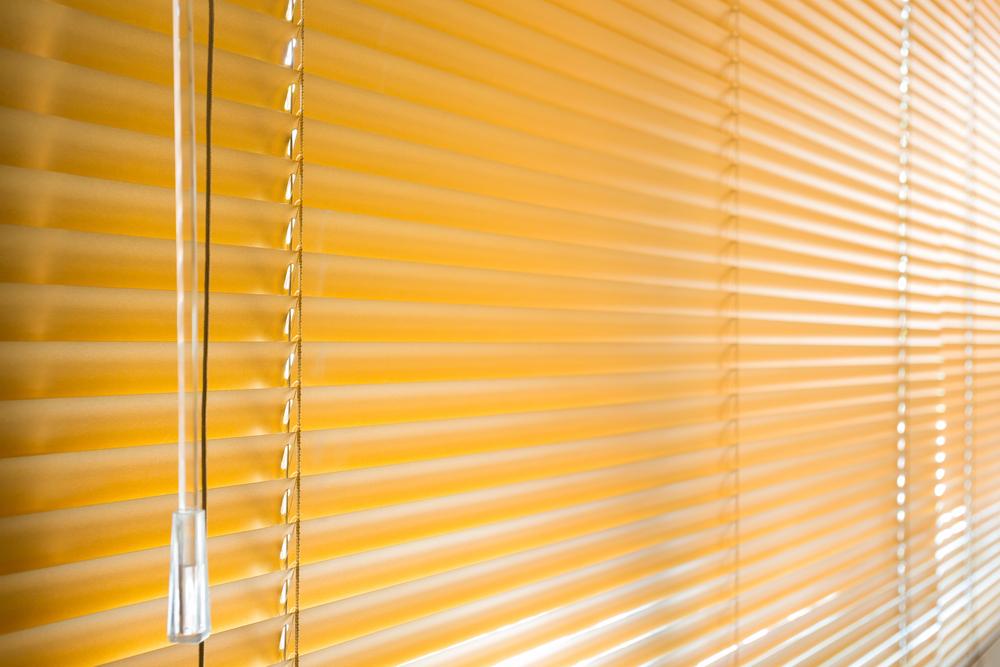Stay Cool
Did you know there are lots of clever ways to keep your home cool so your air conditioner doesn’t have to work so hard? Simple things like closing drapes to keep the sunshine out during the day and using a fan can lower your AC energy use up to 15%. Even if you don’t have AC, you can make your home more comfortable during the summer. The best news? Many of these actions are low cost or free and easy to do — and they save energy, money and reduce climate and air pollution!
Your Impact
Action Steps & Tips
Introduction

There are lots of clever ways to keep your home cool and reduce the work of your air conditioner. Simple things like closing drapes to keep the sunshine out during the day and using a fan can lower your AC energy use up to 15%. That saves you money! These actions will also extend the life of your AC unit and reduce climate and air pollution.
Even if you don’t have AC, you can make your home more comfortable during the summer by adopting these simple actions. The best news? Many of these actions are low cost or free and easy to do.
11. Close windows, doors and shades during the day
Capture cool air at night. If you live in a climate where it cools off at night, open your windows at night to cool your home. Then in the morning, before the temperature rises, shut the windows and shades or drapes to capture the cool air and keep it from escaping.
If you have lots of air leaks that make it hard to keep the cool air in, consider sealing them up! Check out the Seal Air Leaks action.
Use window coverings. One of the easiest ways to save energy on air conditioning is to keep the hot sun out of the house during the day. Learn more about energy efficient window coverings. Here are some options:
-
Energy efficient drapes or shades.
-
Medium colored draperies with white plastic backings can reduce heat gains by up to 33%.
-
Shades work the same as drapes. For extra efficiency, invest in insulating dual shades, where one side is white and one is dark. Face the dark side inside during the summer to reflect more heat and reverse them in the winter.
-
-
Aim blinds up. If you have blinds, you can open them slightly and direct light up towards the ceiling without any significant heat gain. This way you can have light and keep cool.
-
Try a window film. If other window coverings won’t work, window film is another option. Window films are a thin plastic layer added to the window that blocks incoming heat. New efficient window films can have a big impact on your cooling bill. Look for a film with NFRC certification.
22. Block the sun’s heat from the outside
Use awnings, overhangs, and shutters to block the sun. Window awnings can reduce solar heat gain by up to 65% on south-facing windows and 77% on west-facing windows. These coverings also will block heat in the winter, so if you have cold winters, make sure they are easily removed or retractable.
Grow some shade. Planting trees can provide shade in the summer and keep your home cool. If you have cold winters, plant deciduous trees outside south or west-facing windows that will provide shade in the summer and then drop their leaves to provide sun in the winter. If you plant a tree, take credit on the Plant a Tree action!
33. More cooling tips and tricks
Avoid cooling space you’re not using. If you have rooms in your home that are not used often, such as a spare bedroom, try closing the door and blocking off the vent in that room. Some vents have a switch that closes the louvers, or use a magnetic vent cover which you can find at most hardware stores.
Caution: Never close off more than 25% of your vents—you could damage your cooling system. Check your owner's manual for more information.
Make sure the cold air is circulating. For areas you do want to cool, keep interior doors open to increase the flow of cooled air and maximize your AC’s effectiveness. Also check to make sure nothing is blocking your AC vents.
44. Use a fan to cool the room
Use less AC. In the summer heat, air motion of any kind creates a wind chill effect and makes the body feel cooler. Whether you have AC or not, a fan can help keep your home cooler during the summer. When you use a fan with your AC, you can usually set your thermostat 4°F higher and still stay comfortable. If you raise your AC thermostat settings, be sure to take credit on the Adjust Thermostat action!
Go counterclockwise. In the summer, set ceiling fans to move in a counterclockwise direction. Remember that fans cool people, not rooms, so turn the fans off when you leave the room to avoid wasting energy.
Ditch the AC. If you live in a moderate climate and follow all the steps above, including a fan, you might be able to turn your AC off completely for some or all of the year!


